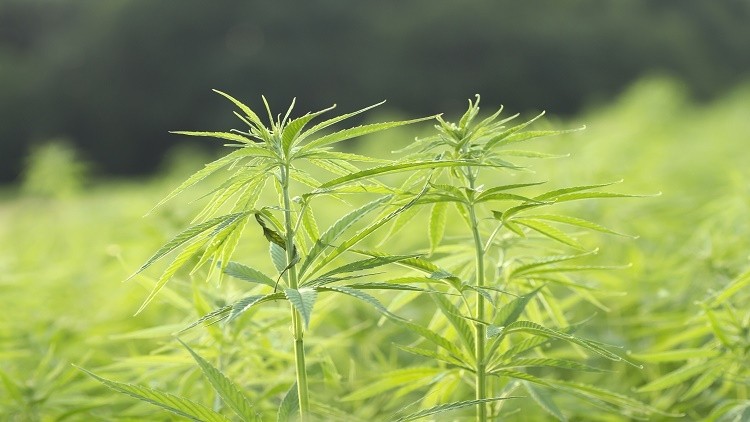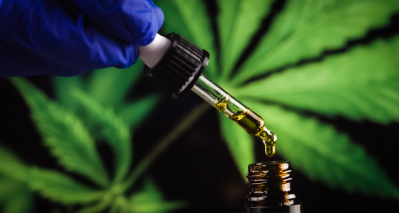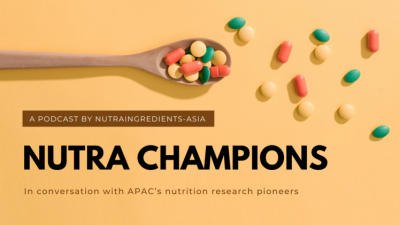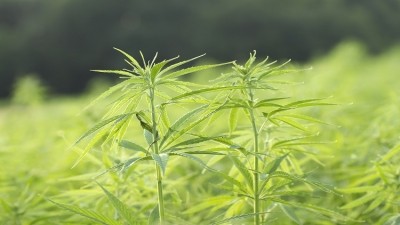Hemp and CBD in Thailand: Food and supplement companies rush into NPD as FDA approves draft regulation

For CP Group, its subsidiary CP Foods and Maejo University will partner in developing hemp-based ready-made foods, which are expected to be launched this year.
Using hemp from a traceable supply chain is also part of their plan in ensuring food safety.
“Research and development of hemp plants is challenging. It must be within the legal framework and safe for consumers. The collaboration with Maejo University will enable us to produce quality hemp for commercial food production,” said Prasit Boondoungprasert, CEO of CP Foods.
Similarly, supplement producer DOD Biotech said in its stock exchange announcements that it has entered into a partnership with several retailers, including Rojukiss Internation, Beauty Community, and 555 Shopping Company, in developing supplements and skincare products that contain hemp.
The Ministry of Public Health published a notification no. 425 specifying requirements for hemp seed, hemp seed oil, hemp seed protein products, which has been published in the royal gazette.
According to the notification, hemp can be used as an ingredient in food products, including breakfast cereals, bakery products, beverages, snacks, butter and food supplements.
“The notification is already published in the Royal Gazette. They [companies] have to adhere to the specifications and conditions as stated in the notification, also they need a proof to show that their raw material comes from a legal source,” assistant professor Dr Anadi Nitithamyong, senior advisor at Mahidol University’s Institute of Nutrition told NutraIngredients-Asia.
The Thai FDA is also pushing to expedite the listing of cannabis on the National List of Essential Medicines.
Specifications
The notification no. 425 contains requirements on: 1) foods containing hemp seed or hemp seed protein and 2) foods containing hemp seed oil, with limits placed on the amount of THC and CBD permitted for use.
Hemp seeds contain a variety of nutrients including protein, fibre, fats, while hemp seed protein is achieved when the fats and fibre content are being removed.
Hemp seed and hemp seed protein can be used in supplements and hemp seed protein powder with a maximum THC limit of 2mg/kg and CBD at 3mg/kg.
Food supplements can also be made from hemp seed protein concentrate and hemp seed protein isolate with a maximum THC limit of 0.15mg/kg and CBD at 3mg/kg.
The two ingredients can also be used in general food products, such as breakfast cereals, including rolled oats, as well as cereal and grain beverages.
As for hemp seed oil, it could be used in food supplements with a total THC at a maximum limit of 5mg/kg and CBD at 3mg/kg.
Hemp seed oil can also be used in dairy fat spreads, fat spreads, and salads with a maximum THC limit of 0.15mg/kg and CBD at 3mg/kg.
Also, supplements containing hemp seed should state that it is prohibited for use in children, pregnant and lactating women.
The above is a further development from 2019. Back then, the Thai FDA said that dried hemp bark, stems, fibres, hemp seeds, and hemp seed oil could be used in traditional medicine, foods, and cosmetics.
It also said only hemp extracts that contain a ratio of CBD to THC not exceeding 0.01% to 0.2% by weight can be used in herbal products and drugs.
A regulatory specialist told us that while it would be a opportune time to enter Thailand’s hemp food market, partnering with local companies with domestic expertise would be important.
“It appears that there are opportunities for companies to venture into hemp food and food supplement category in Thailand, especially with the government effort to promote hemp as an economic crop.
“However, as we noted the very detail specification and requirements in the notification, companies must ensure the hemp raw materials meet these standards. It may be a good idea to consider working with the local companies when sourcing the raw materials, who will have better understanding of the Thai authorities’ requirements,” said Poon Wai Mun, regulatory affairs consultant at Wong SJ Asia.
On the other hand, Dr Nitithamyong believes that the attention on hemp and CBD could be a “fad of the moment”.
“As far as the perception and sentiments of consumers go, it is like a fad of the moment to try the products. We will need to see what will happen in the long run since I think there are mixed feelings, with some people being supportive and some having concerns.”
In addition, it emphasised that the R&D of hemp food products must use hemp seed from legal sources. If the hemp seed is sourced locally, it will be supplied by a government agency and research institutions.
On the other hand, the Thai FDA has warned against supplements that use cannabis terpernes as an ingredient, as it is not yet approved for use.



















